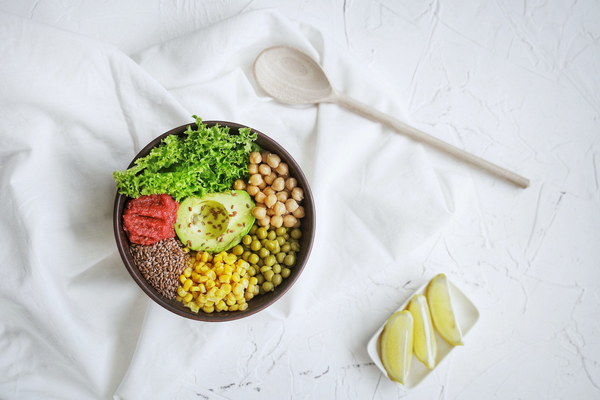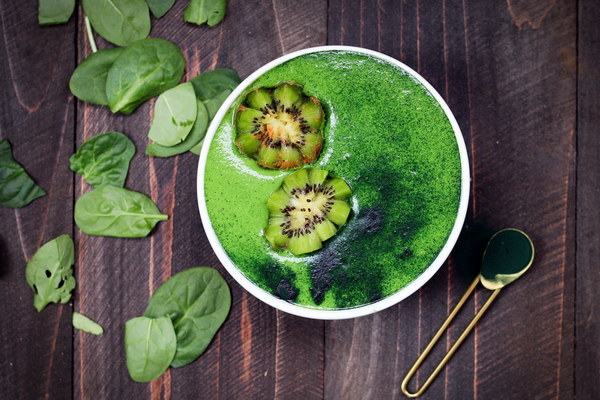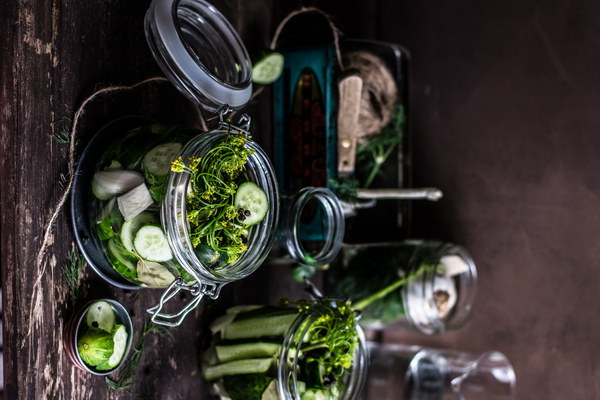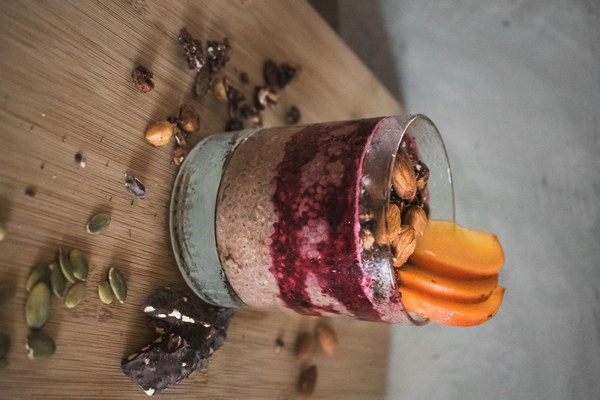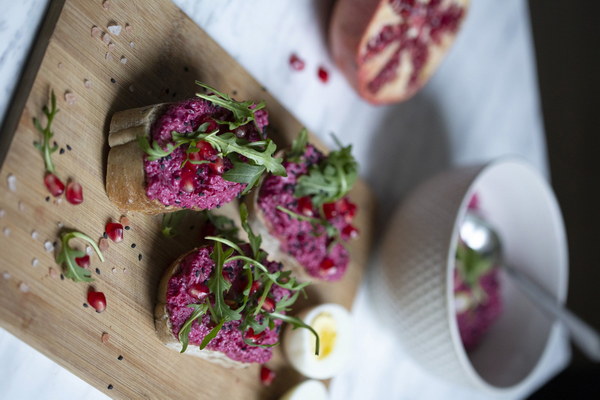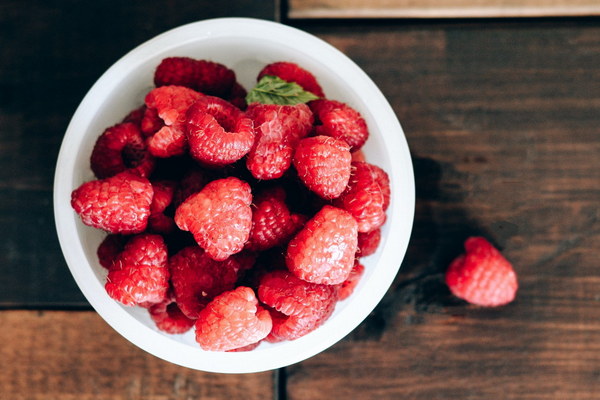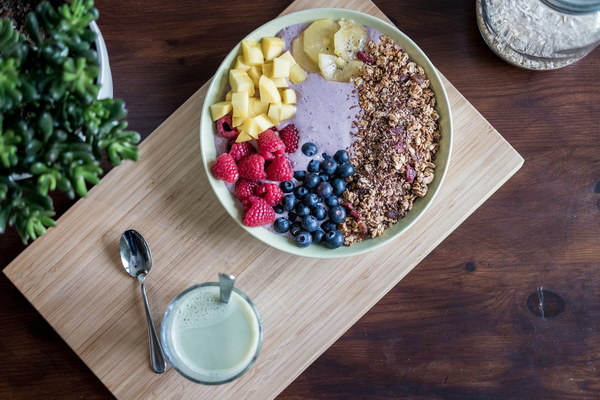Does the Chicken Soup with Pigeon Nourish Childrens Stomachs or Not
In the realm of traditional Chinese medicine, pigeon soup is often hailed as a nutritious and restorative dish, particularly for individuals with weakened digestive systems. However, the question of whether this soup is suitable for children and whether it genuinely aids in digestion remains a topic of debate among parents and healthcare professionals. This article delves into the nutritional benefits of pigeon soup and explores whether it truly serves as a stomach-soothing elixir for children.
Pigeon soup, also known as yu shui in Chinese, is a delicacy that has been cherished for centuries. Made with pigeon meat, water, and a variety of herbs, this soup is believed to boost the immune system, improve digestion, and enhance overall health. While the benefits of pigeon soup are widely recognized, its suitability for children is a matter of concern.
The first factor to consider is the nutritional content of pigeon soup. Pigeons are known for their rich protein content, which is essential for children's growth and development. Additionally, pigeon meat contains vitamins, minerals, and amino acids that contribute to a healthy diet. However, it is essential to ensure that the soup is prepared in a way that is gentle on children's delicate stomachs.
One of the primary concerns regarding pigeon soup for children is its potential to cause digestive discomfort. Pigeon meat is considered to be warm in Chinese medicine, which means it can be stimulating to the digestive system. As a result, children with sensitive stomachs or gastrointestinal issues may experience indigestion, bloating, or diarrhea after consuming the soup. To mitigate this risk, it is advisable to prepare the soup with a balance of warming and cooling ingredients.
Herbs such as goji berries, Astragalus, and codonopsis are often added to pigeon soup to enhance its therapeutic properties. These herbs are believed to support the immune system, boost energy levels, and improve digestion. However, it is crucial to consult with a healthcare professional before introducing these herbs to children, as some may not be suitable for their age or health condition.
Moreover, the preparation of pigeon soup plays a significant role in determining its suitability for children. To ensure that the soup is gentle on their stomachs, it is recommended to cook the pigeon meat until it is tender and soft. Additionally, the soup should be well-strained to remove any fibrous or tough parts that may be difficult for children to digest.

Another aspect to consider is the quantity of pigeon soup that children should consume. While it is true that pigeon soup offers numerous health benefits, excessive consumption can lead to imbalances in the body. It is essential to provide children with a balanced diet and limit their intake of pigeon soup to avoid potential side effects.
In conclusion, pigeon soup can be a nutritious and beneficial addition to a child's diet, but it is crucial to approach its consumption with caution. By preparing the soup with a balance of warming and cooling ingredients, consulting with a healthcare professional, and ensuring that the soup is well-strained and cooked to perfection, parents can make the most of pigeon soup's potential benefits while minimizing the risks. Whether or not pigeon soup is an effective stomach-soothing elixir for children ultimately depends on the individual child's health and digestive needs.
